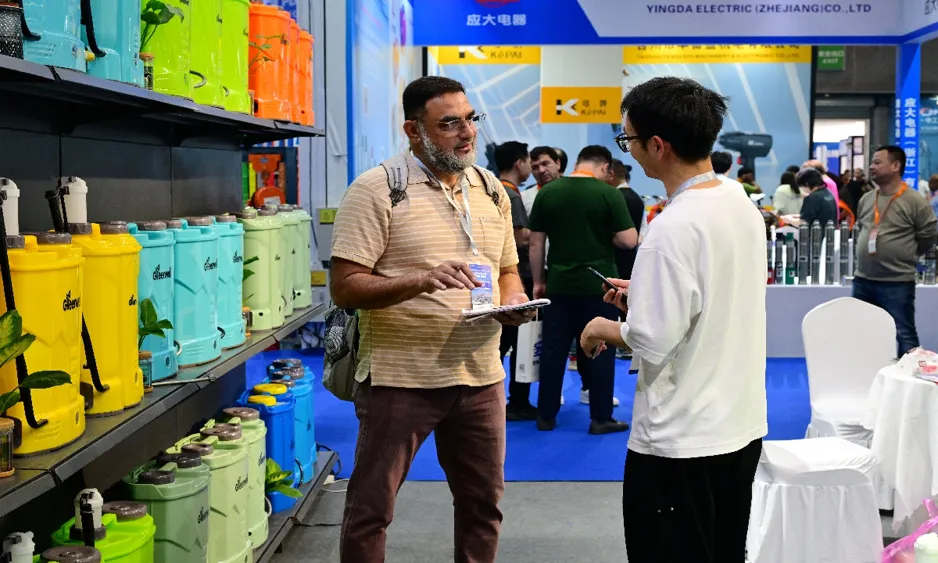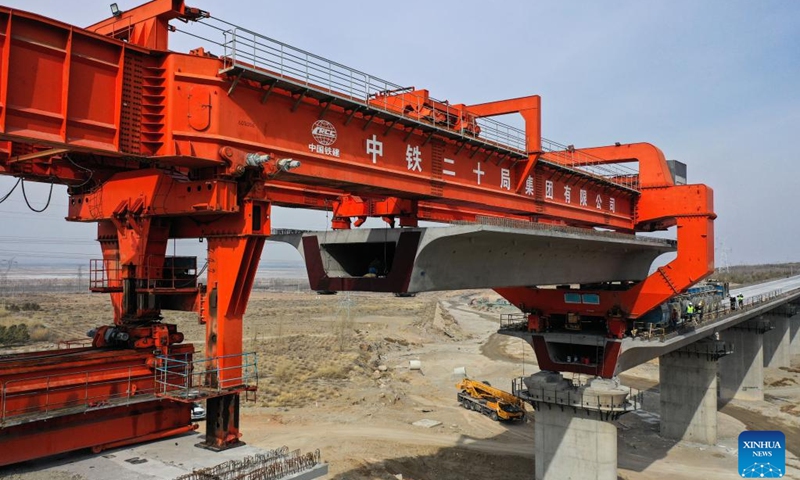India's Potential Pivot to Asian Markets Amid Tariff Pressure

India is contemplating a strategic pivot towards Asian markets as it faces growing pressure from increasing trade tariffs imposed by the United States. This shift is being encouraged by heightened discussions regarding regional trade partnerships, particularly in relation to the Regional Comprehensive Economic Partnership (RCEP), which encompasses key Asian economies.
In a recent interview with the Indian news agency ANI, noted US economist Jeffrey Sachs advocated for India's inclusion in RCEP. He argued that joining this economic framework, which includes nations such as China, Japan, South Korea, and members of ASEAN, would present a 'dynamic way to grow for years to come.'
Sachs highlighted the necessity for India to seek an economic strategy that is less dependent on the US market, suggesting that a focus on East Asia could facilitate an ambitious goal of achieving 7-percent GDP growth over the next decade. This perspective resonates with India's current economic realities, where its dependence on US exports has exposed it to considerable vulnerability in light of rising tariffs.
The urgency for India to explore alternative markets is reinforced by its notable reliance on the United States, which constituted 18 percent of its total exports and contributed 2.2 percent to its GDP, as reported by the BBC. The imposition of substantial tariffs by the US, reaching as high as 50 percent on certain goods, has intensified the uncertainty surrounding these exports. As a result, the Asian market emerges as a lucrative alternative, promising enhanced growth opportunities.
The economic potential of the Asian markets is substantial, necessitating India's proactive participation in the RCEP. This trade agreement encompasses a significant portion of global commerce, representing around 30 percent of global GDP and goods trade across its 15 participating economies, including China.
According to projections from China's State Council Information Office, the advantages of RCEP are expected to gradually unfold over the next decade and a half, with an anticipated 90 percent of goods traded under the agreement achieving zero tariffs by that timeframe.
Transitioning to focus on Asian markets could provide India with a safeguard against the volatility that accompanies US trade policies. However, the journey to fruition extends beyond simply ratifying trade agreements.
A core challenge India faces lies in recalibrating its production and export frameworks to match the specific demands of Asian markets. There is a disparity between the types of products exported to the US—such as information technology services and pharmaceuticals—and those that find favor in Asian countries like electronics and agricultural products.
To effectively navigate this transition, India must invest significantly in research and development aimed at tailoring products to the Asian market. This includes not only bolstering its production capabilities but also reconfiguring supply chains and optimizing trade policies to facilitate smoother integration into new markets.
China serves as an illustrative model for effective trade adjustment, having adeptly restructured its export strategies to align with the diverse demands of various markets. Successful case studies, such as Yiwu's agile merchant community, demonstrate the potential benefits of market responsiveness and innovation.
Ultimately, for India to successfully pivot towards Asia, it is essential to conduct thorough market research and enhance industrial partnerships across Asian nations. While challenges may arise during this transition, the long-term prospects indicate a vital opportunity for sustainable trade growth, paralleling the dynamic movements of global economic influence.
Read These Next

Air Canada Flight Attendants Extend Strike Action
On August 17, flight attendants of Air Canada continued their strike despite a return-to-work order, urging fair negotiations.

Zhejiang Wanma Receives Regulatory Warning on Governance
Zhejiang Wanma Co., Ltd received a warning from the Zhejiang Securities Regulatory Bureau for inadequacies in their investment disclosure practices. The company is committed to improving compliance, though this situation raises risks for investor confidence and operational integrity.

China's Infrastructure Development Set to Boost Investment Soon
China is set for rapid infrastructure investment growth, with a focus on high-speed rail and urban projects to boost economic stability.
